Untying the Knot-Historically Speaking
My most recent book had me digging into Scottish archives and researching the history of divorce in Scotland. Though it’s true, divorces were somewhat easier to achieve in Scotland than in England, where they were almost impossible to obtain, the process wasn’t so simple or all that common.
Prior to 1560, divorce in Scotland was virtually unheard of. Marriages were either annulled or the couple simply lived apart. However, after the reformation, the Church of Scotland recognized adultery and later on, desertion as grounds for divorce. Nonetheless, the peculiarities of irregular Scots marriages and Canon law complicated those dissolutions further.
For those who aren’t aware of what constitutes an irregular marriage, in Scotland, anyone was permitted to perform a marriage ceremony if the man and woman agreed to the union before witnesses. A cleric didn’t have to officiate. Also, a couple who declared themselves wedded and lived together, portraying themselves and husband and wife, could be considered legally married. With the latter, the couple had to be living in Scotland at the time they declared themselves wed.
Often, irregular marriages weren’t recorded, so the dissolution of the legally binding union was difficult to pursue.
By 1830, divorces in Scotland were decided by the Court of Sessions, and unlike in England, both women and men could seek a divorce for adultery or desertion for more than four years. Rich men obtained divorces in England via a private act of Parliament, but women didn’t have such an option.
Scottish divorces were also less expensive than English dissolutions, and while divorces were permitted, the severe social stigma attached to acquiring one kept the actual numbers of divorces low.
In regard to a dissolution on the grounds of adultery, Scottish divorce decreets (final judgement) made the guilty party legally dead in relation to their spouse. Still, an enormous amount of evidence was required to prove the offending spouse’s infidelity.
Divorce on the grounds of cruelty, abuse, insanity, or conviction of a criminal offense weren’t possible in Scotland until 1938!
Because “liberal” Scottish divorces were easier to achieve then the more stringent and limited English dissolutions, some British couples sought to have their marriages terminated in Scotland. The English courts refused to recognize such divorces for many years unless the couple could prove they actually lived in Scotland when they petitioned for the dissolution.
In PASSION AND PLUNDER, my hero, Alasdair McTavish enters into a secret marriage at a young age. His wife deserts him soon after the union, and he goes on about his life, content to remain married and safeguarded from other marriage-minded lasses.
That is until a woman comes along he wants to marry.
Would you sacrifice everything for the person you love, knowing you can never be together?
A desperate Scottish lady
Lydia Ferguson—the sole surviving heir to the Laird of Tornbury Fortress—has lost nearly everyone she loves. Now her father lies on his deathbed. And as if this isn’t dire enough, he’s invited men from the surrounding area to a warrior’s contest—the winner to claim Lydia as his bride.
A Scotsman dueling with his past
Alasdair McTavish, son of Craiglocky Keep’s war chief, is a seasoned warrior in his own right. So when he’s sent to Tornbury to train the Ferguson soldiers, he’s more than equal to the task. When a dangerous adversary makes a move against Lydia, a dastardly scheme comes to light, and Alasdair realizes only he can protect Lydia.
Don’t miss the 5th installment in this sweeping historical Highland romance series—get your copy of Passion and Plunder for a romantic Scottish adventure you won’t want to put down.
Get your copy here: AMAZON

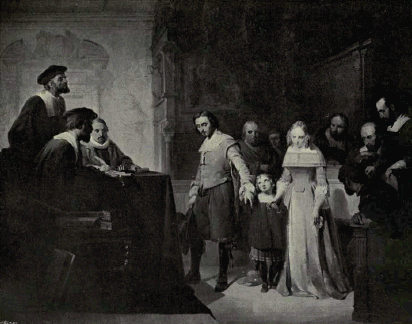
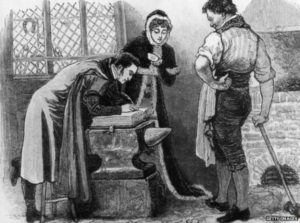
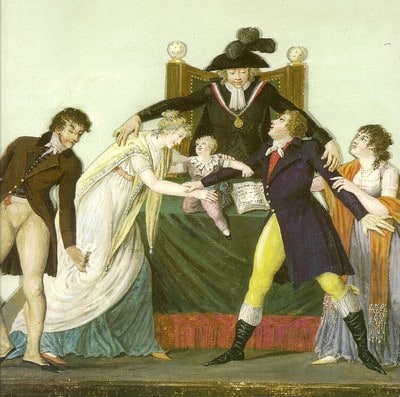
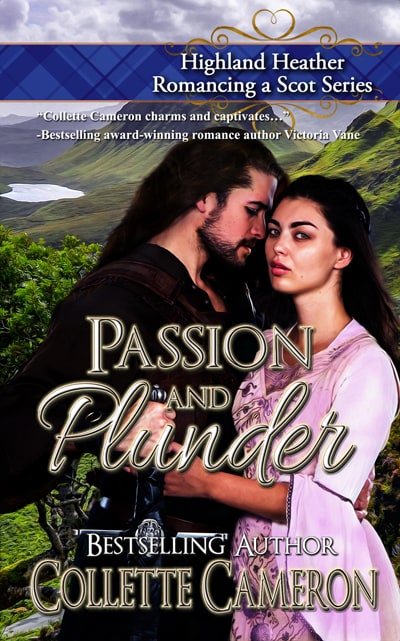

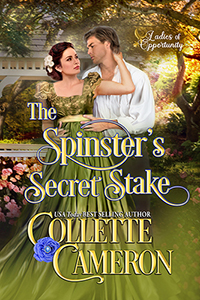





Interesting inforamtion on divorces and marriages 🙂
Much harder on the woman, especially since husbands got custody of the children.
love the history on that!
denise
I’ve always found it interesting how the Scots didn’t conform to what England wanted.
yes, love their rebellious nature 🙂